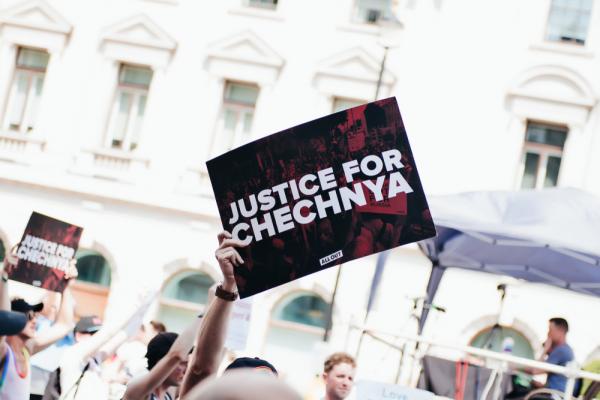Feb 1, 2019
“The queer community in Chechnya is small, so if one was reported by their family member, they would be tortured to release the information of other gay people,” said Lyosha Gorshkov, the co-president of the Russian LGBT Network. “Many were kept in a basement for a couple of weeks and subjected to humiliation, torture, rape, electric shock. Some reportedly committed suicide."
Read the Full Article

Already a subscriber? Login
